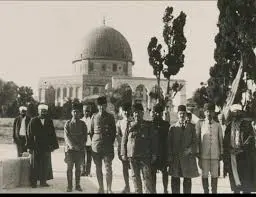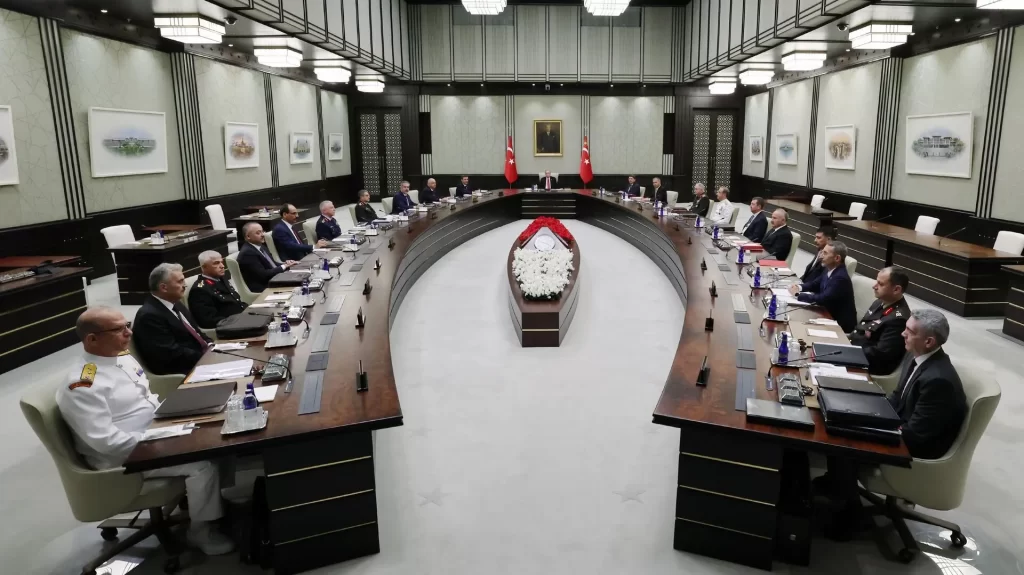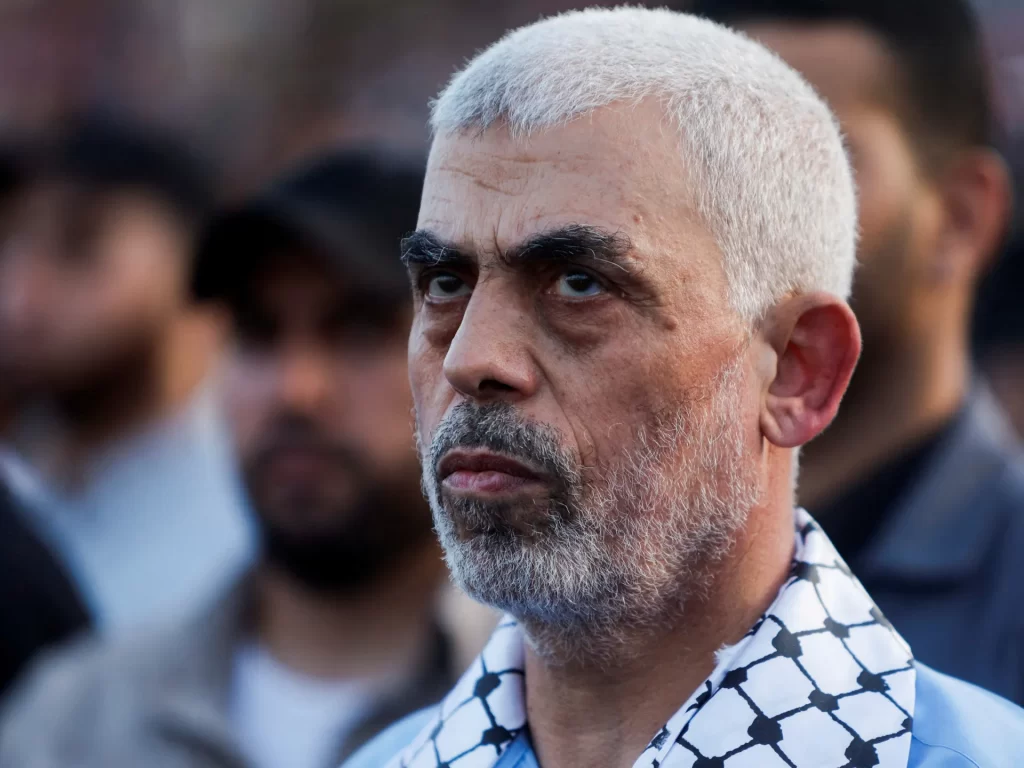Turkey’s Response to the Escalating Conflict Between Israel and Hamas
Turkey’s Diplomatic Role in the Israel-Palestine Crisis
As the conflict between Israel and Hamas intensifies, Turkey’s diplomatic stance is gaining attention on the global stage. Known for its historical ties with both Palestine and Israel, Turkey’s approach to the crisis is shaped by its strategic interests, regional influence, and commitment to advocating for Palestinian rights. This article will explore how Turkey is positioning itself in this ongoing conflict and the broader implications of its diplomatic strategy.
Historical Context of Turkey’s Position
Turkey has long been a vocal supporter of Palestinian self-determination, often criticizing Israel’s policies in Gaza and the West Bank. This stance is rooted in the country’s Ottoman history, where Palestine was part of the Ottoman Empire, and in modern times, it reflects Turkey’s broader regional ambitions. Under the leadership of President Recep Tayyip Erdoğan, Turkey has consistently voiced its support for the Palestinian cause on international platforms, positioning itself as a defender of Palestinian rights in the face of Israeli occupation.
However, Turkey has also maintained a complex relationship with Israel. Despite moments of tension, particularly after the Mavi Marmara incident in 2010, both countries have economic and diplomatic ties that cannot be ignored. This balancing act places Turkey in a unique position to mediate in the conflict, offering a voice for Palestinians while engaging with Israel on a practical level.

Turkey’s Diplomatic Response to the Current Crisis
In the current conflict between Israel and Hamas, Turkey has condemned Israel’s military actions in Gaza, accusing the country of disproportionate force against Palestinians. President Erdoğan has been particularly vocal, calling Israel’s actions “state terrorism” and urging the international community to take a stand against the violence.
Turkey has called for an immediate ceasefire, emphasizing the need for diplomacy and dialogue over continued escalation. This stance aligns with Turkey’s broader foreign policy, which seeks to stabilize the Middle East through diplomatic efforts rather than military intervention. At the same time, Turkey has reaffirmed its support for a two-state solution, advocating for an independent Palestinian state with East Jerusalem as its capital.
Turkey’s Role in International Mediation Efforts
Turkey’s diplomatic strategy also involves engaging with other regional and global powers to mediate the conflict. Erdoğan has reached out to leaders in the Arab world, Europe, and the United States to garner support for a ceasefire and to push for renewed peace talks. Turkey’s diplomatic efforts reflect its desire to play a leading role in resolving regional conflicts, leveraging its geopolitical position and influence within international organizations like the United Nations.
Ankara’s relationship with Qatar, another supporter of Hamas, allows Turkey to act as a potential bridge between Hamas and the international community. This mediation role is particularly significant, as few countries have open channels to both parties in the conflict. By positioning itself as a mediator, Turkey seeks to enhance its regional influence and showcase its commitment to peace and stability in the Middle East.

Turkey’s Vision for the Future of the Israel-Palestine Conflict
At the heart of Turkey’s diplomatic stance is a vision for long-term peace in the region. Turkey advocates for an end to the Israeli occupation and the establishment of a viable, independent Palestinian state. This vision is in line with international law and the resolutions of the United Nations, and Turkey has continuously urged for more global accountability regarding Israel’s actions.
Turkey’s commitment to this vision is evident in its continued humanitarian support for the people of Gaza. Through organizations like the Turkish Red Crescent, Turkey provides vital aid to Palestinians affected by the conflict, further solidifying its role as both a regional power and a humanitarian actor.

Conclusion
Turkey’s response to the Israel-Hamas conflict is shaped by a combination of historical ties, strategic interests, and its commitment to advocating for Palestinian rights. By positioning itself as a mediator, Turkey seeks to play a central role in the resolution of the conflict, promoting diplomacy and dialogue over further violence. As the situation continues to evolve, Turkey’s diplomatic efforts will likely remain a key factor in shaping the future of the Israel-Palestine crisis.
Trending Article: Is Turkey Leading the Islamic World? Turkey’s role in the OIC













